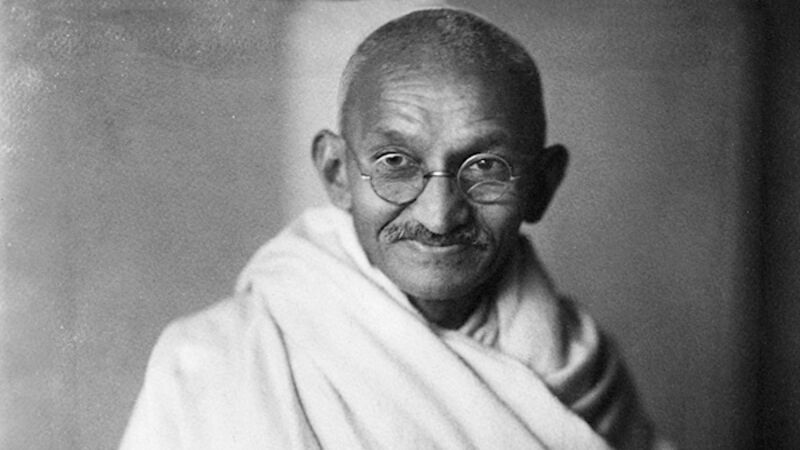Gandhi legacy offers lessons on Brexit

Leadership is one of those intangible, mercurial characteristics far harder to define than recognise. Whether for benign or dark purposes, leadership shapes our world even though that simple truth is wrapped in mystery. The magic of leadership seems a mixture of charm, energy, empathy, vision, radiated if silent testosterone and the capacity to convince others you understand and share their objectives. It is usually, but not always, necessary to have right on your side. However, in a world where charisma and leadership are often confused right and wrong are almost side issues; subjectivity usurps substance, self-interest seems a virtuous motivation.
This week marked the 150th anniversary of the birth of one of the greatest leaders of modern times. Mahatma Gandhi was born in colonial India in October 1869. After an education in England and a time in South Africa he returned to India to lead a crusade that, despite his absolute rejection of violence, defeated Britain’s once all-powerful imperialists. He helped liberate millions and laid the foundations for the world’s largest democracy. It seems difficult to imagine a contemporary leader who could, without resorting to autocracy, achieve change on that scale.
















